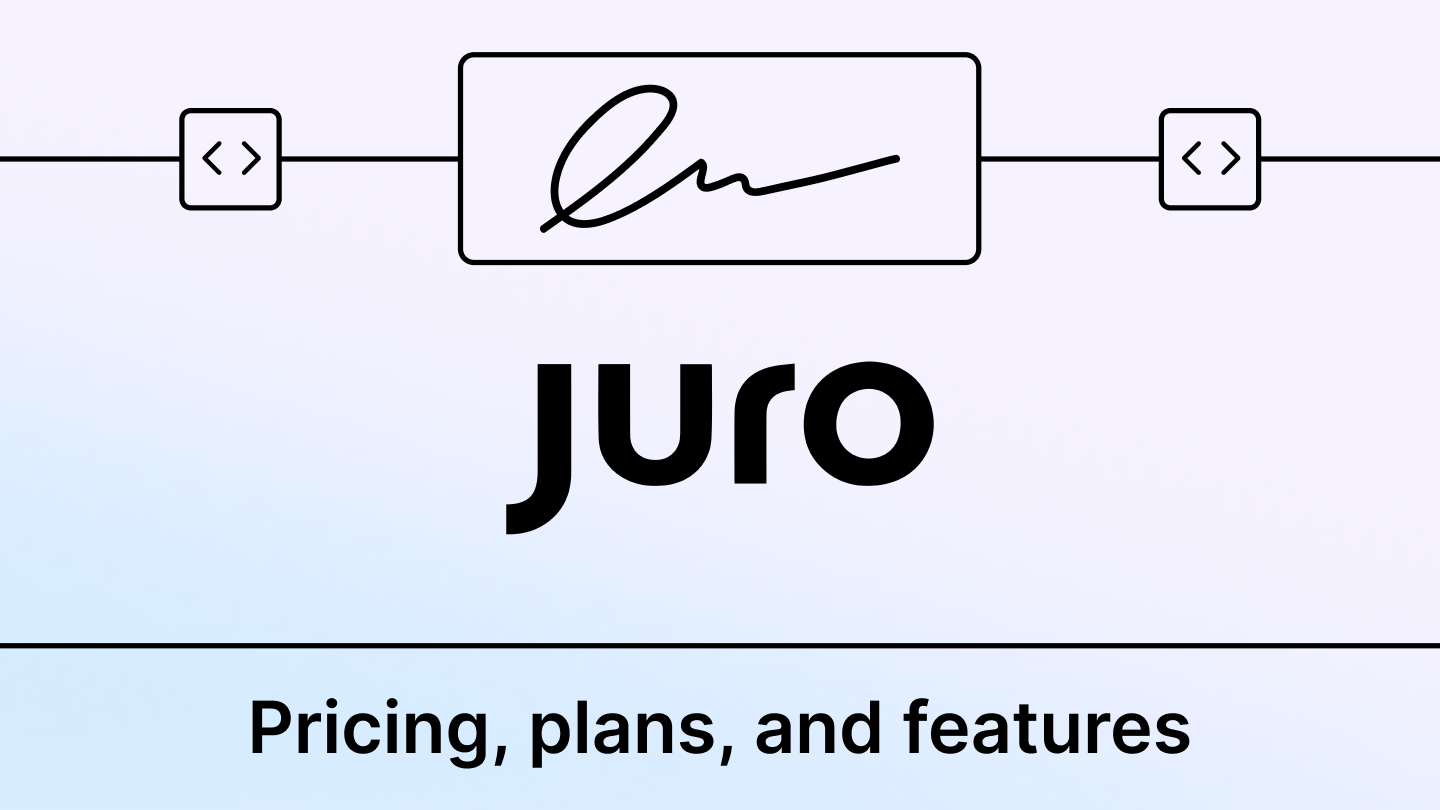The world of work is changing and there’s no doubt about that. People are leaving their traditional offices behind and embracing a working culture of digital nomads that entails traveling while working remotely on laptops, relying on a reliable Internet connection.
Interestingly, the concept of digital nomads is steadily growing. Research conducted by MBO Partners stated that 18.1 million American workers described themselves as digital nomads in 2024, which was 7.3 million in 2019. Representing a remarkable growth rate of 147%.
In the United States, being a digital nomad is not a specific legal status. However, if you are a U.S. citizen or permanent resident, you can work remotely while traveling within the country. As long as you comply with the tax regulations and any applicable visa requirements, you can work as a digital nomad in the United States.
So, what enables digital nomads to piece together their work from anywhere in the world effectively? The answer lies in their arsenal of digital nomad tools.
Digital nomad lifestyle
The digital nomad lifestyle involves traveling while working remotely, providing flexibility in work locations. It offers control over one's schedule and personal preferences but comes with challenges such as managing living costs, budgeting, taxes, and income stability. It requires self-discipline, time management skills, and focus.
Benefits of being a digital nomad include
- Personal and professional growth through facing and solving challenges, \
- Exposure to new cultures, and
- Lower cost of living in countries with digital nomad visas.
What equipment do I need to be a digital nomad? In addition to having a laptop, mobile phone, and a good camera, using the right tools is crucial for productivity and organization. Some important categories are
- Project management software, to-do list apps, and time-tracking tools help maintain a balanced and fulfilling remote working experience.
- Effective communication is essential, requiring tools like email, instant messaging platforms, and video conferencing tools to facilitate collaboration across locations and time zones.
- Reliable cloud storage services such as Dropbox, Google Drive, or OneDrive provide secure file storage and backup, ensuring easy access to important work documents and minimizing the risk of data loss.
1. Productivity tools for digital nomads
Note-taking apps
Note-taking apps such as OneNote, Google Keep, and Notion are useful for digital nomads to jot down ideas and information on the go. These apps offer synchronization across devices and easy access wherever needed. Features like tagging and sharing allow real-time collaboration and feedback with team members and clients.
To-do list apps
To-do list apps are essential for managing multiple tasks as a digital nomad. Apps like Any.do and Microsoft To-Do help structure tasks based on priorities, reducing the chances of forgetting important assignments.
Time tracking software
Time tracking software enables digital nomads to monitor productivity by tracking time spent on tasks and projects. This insight helps prioritize tasks, set goals, and improve efficiency. It also ensures transparent billing and helps meet deadlines. Popular time-tracking software includes Toggl, Clockify, and Harvest.
2. Communication tools for nomads
Video conferencing software
Video conferencing software like Zoom, Microsoft Teams, and Google Meet are essential for digital nomads to have detailed discussions, deliver presentations, and collaborate in real time. These tools enable sharing visual aids, slides, and product prototypes, facilitating dynamic brainstorming and idea-sharing with teams.
Chat apps
Chat apps such as Slack, WhatsApp, and Telegram are not only useful for work but also help digital nomads connect with friends and family. They serve as platforms for file sharing, project coordination, exchanging ideas, seeking advice, and sharing experiences. These apps foster seamless communication, enabling valuable connections and collaboration, and can even lead to new job opportunities.
Email clients
Email clients are crucial for digital nomads who receive a high volume of emails daily. These clients organize and prioritize emails, ensuring important messages are not missed, enhancing productivity and time management. They often offer offline access, allowing users to read, compose, and draft emails without an internet connection. Popular email client options include Microsoft Outlook, Inky, and Gmail.
3. Finance nomadic tools
Online banking apps
For digital nomads, online banking apps like PayPal, Wise, and Pioneer are essential for making transactions with lower currency conversion fees compared to traditional banks, which can charge 3-5% fees per transaction. Online banking apps offer flexibility, good customer support, and easy account opening and usage, allowing for easy money transfers and receipt.
Expense tracking software
Expense tracking software such as Zoho Expense, Wave, and Xero help digital nomads keep track of their expenses, categorize them, and generate detailed reports. This enables a clear overview of spending patterns, identifies areas for potential savings, and facilitates informed financial decision-making.
Tax preparation software
Managing taxes as a digital nomad can be challenging due to income from multiple countries or jurisdictions and fluctuating exchange rates. Tax preparation software like TurboTax, H&R Block, and Tax Act simplify the process by automating calculations, providing relevant tax forms, and ensuring compliance with local tax regulations. They also provide real-time updates on changes in tax laws, helping digital nomads stay up to date with their tax obligations.
4. Travel tools for digital nomads
Flight and hotel booking apps
Flight and hotel booking apps such as Hotel Tonight, Airbnb, Google Flights, and Skyscanner are valuable tools for digital nomads to search and compare flights, ensuring optimal pricing. These apps provide real-time flight statuses, updates on delays or cancellations, and the flexibility to adjust travel plans accordingly. They also facilitate seamless bookings for hotels, hostels, and rental properties, catering to specific preferences, budgets, and location requirements.
Transportation apps
Transportation apps like Uber and Grab are essential for navigating unfamiliar territories and arranging transportation. These apps simplify the process of finding ride-sharing services, locating nearby public transportation routes, or renting bikes or scooters. With just a few taps, digital nomads can find the most suitable transportation option, saving time and reducing confusion.
Language learning apps
Language learning apps such as Duolingo, Rosetta Stone, and Babbel are useful for digital nomads who frequently travel to foreign destinations. These apps offer comprehensive language courses with vocabulary, grammar, and pronunciation lessons that can be learned at one's own pace. They provide progress-tracking features that make language learning enjoyable and convenient, enabling digital nomads to communicate with locals, navigate daily activities, and seek assistance during their travels.
5. Security tools every digital nomad should have
VPN services
VPN services like Nord VPN, Surf Shark, and Cyber Ghost are essential for digital nomads to ensure their online safety and protect their data while using public Wi-Fi networks. VPN creates a secure and encrypted connection between the user and the websites they browse, preventing third parties from intercepting or monitoring their data.
Password managers
Password managers are valuable tools for digital nomads who have to manage numerous accounts and login credentials. These tools securely store passwords in an encrypted cloud-based vault and automatically fill them in when needed, eliminating the need to remember or write down passwords and allowing digital nomads to focus more on their work.
Backup and recovery tools
Backup and recovery tools like Backblaze and iDrive Personal are crucial for digital nomads to protect their files and data. These tools enable automated backups, ensuring that important files are regularly saved and can be easily recovered in case of computer failure, device loss, or other unexpected issues. By utilizing such tools, digital nomads can maintain uninterrupted productivity and mitigate the risks associated with uncertainties in the digital world.
Electronic signature and contract workflow tools for digital nomads
Whether you’re a remote employee or a freelancer, you have to juggle various tasks, communicate effectively and stay organized. And digital nomad tools are the ones that will help you maintain productivity and achieve a balanced lifestyle. These tools aren’t just fancy gadgets. They’re like keys that unlock the real power of remote work, helping people carve their path to success while exploring the world.
Electronic signature and contract workflow tools offer significant advantages for digital nomads. With the ability to sign documents remotely, digital nomads can conveniently handle contracts and legal paperwork from anywhere in the world.
These tools streamline the entire contract workflow process, automating document routing and approvals. Enhanced security measures ensure the authenticity and integrity of signed documents, providing peace of mind.
One popular electronic signature and contract workflow tool that digital nomads can consider is Signeasy, which offers a user-friendly interface and robust features for seamless contract signing and management on the go.












